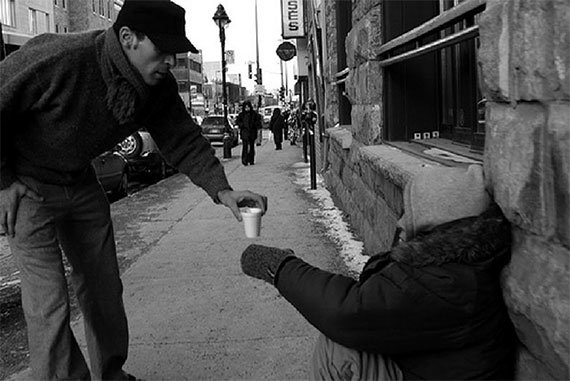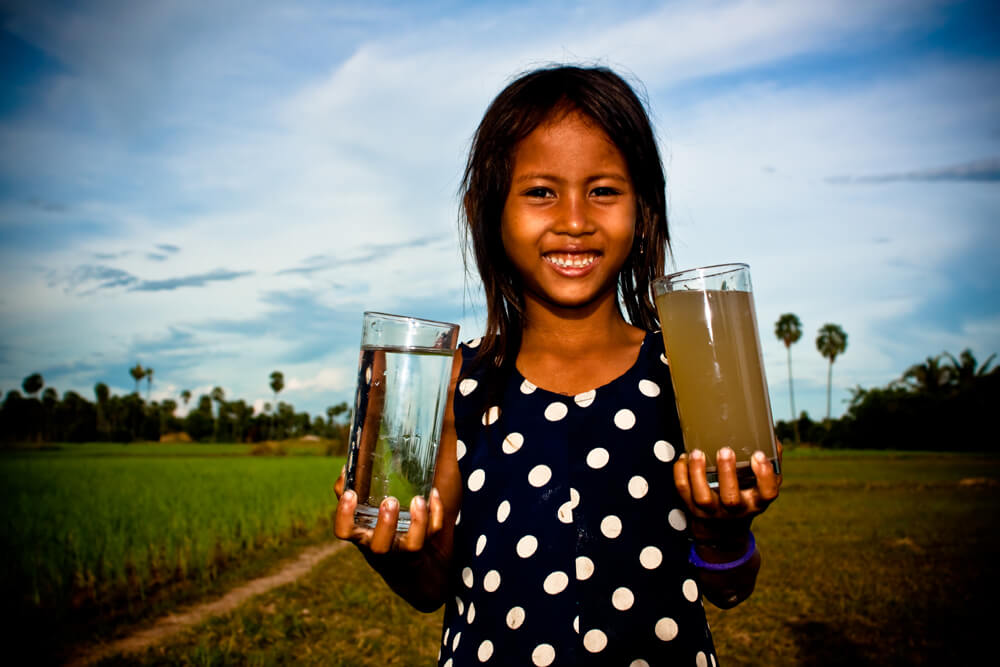COVID 19 Pandemic.

Humanity Needs Leadership And Solidarity To Defeat The Coronavirus
The coronavirus COVID-19 pandemic is the defining global health crisis of our time and the greatest challenge we have faced since World War Two. Since its emergence in Asia late last year, the virus has spread to every continent except Antarctica.
We have now reached the tragic milestone of one million deaths, and the human family is suffering under an almost intolerable burden of loss.
“The climbing death toll is staggering, and we must work together to slow the spread of this virus.”
But the pandemic is much more than a health crisis, it’s also an unprecedent socio-economic crisis. Stressing every one of the countries it touches, it has the potential to create devastating social, economic and political effects that will leave deep and longstanding scars.
Every day, people are losing jobs and income, with no way of knowing when normality will return. Small island nations, heavily dependent on tourism, have empty hotels and deserted beaches. The International Labour Organization estimates that 400 million jobs could be lost.


The World Bank projects a US$110 billion decline in remittances this year, which could mean 800 million people will not be able to meet their basic needs.
Every country needs to act immediately to prepare, respond, and recover. Developing countries could lose at least US$220 billion in income, and the United Nations Conference on Trade and Development has called for US$2.5 trillion to support them.
Drawing on our experience with other outbreaks such as Ebola, HIV, SARS, TB and malaria, as well as our long history of working with the private and public sector, UNDP will help countries to urgently and effectively respond to COVID-19 as part of its mission to eradicate poverty, reduce inequalities and build resilience to crises and shocks.
The next phase of UNDP’s COVID-19 crisis response is designed to help decision-makers look beyond recovery, towards 2030, making choices and managing complexity and uncertainty in four main areas: governance, social protection, green economy, and digital disruption. It encompasses our role in technically leading the UN’s socio-economic response.
How Unity And Common Purpose Can Help Us Defeat This Virus
Each of us has a role to play in overcoming this pandemic.
Industry leaders are at the forefront of efforts to manage the crisis.
By working together, we can emerge from this stronger and better connected.
The phrase, “It takes a village,” has never been more timely. The COVID-19 pandemic is a call to action for everyone to work together by staying apart and flattening the curve.
When nations, leaders and everyday people unite, we can change the trajectory of COVID-19 by following the science and mobilizing a response. Each of us has a role to play, whether through innovation or altruism, and so many people are stepping up and scaling up for the good of humanity.
I’m reminded of the beloved entertainer, Fred Rogers, who said that in times of disaster, “look for the helpers. You will always find people who are helping”. That sentiment is a source of comfort and an important reminder that we are not alone. From courageous healthcare workers on the frontlines, to essential employees in the service sector, we appreciate you and we thank you.
There’s Only One Option For A Global Coronavirus Exit Strategy
The COVID-19 pandemic poses an unprecedented threat to both public health and the global economy.
Only by avoiding nationalist rhetoric and policies, and embracing stronger international cooperation, can governments protect citizens.
The world that emerges from the coronavirus pandemic may be a warring collection of countries that are more closed off and nationalistic than before. But without rapid and effective global cooperation, the world may not exit this crisis safely at all.
For now at least, heavy-handed nationalist responses predominate. Alongside curfews, lockdowns, and requisitioning, governments are closing borders and using wartime rhetoric to rally their populations. Global supply chains and trade are being disrupted not just by lockdowns, but also by wealthy countries’ competition for supplies.
Working Together To Prevent The Spread Of COVID-19
As the situation regarding the COVID-19 pandemic continues to unfold around the world, it’s important to remember that some of the most effective steps we can take to prevent its spread begin right at home. In these extraordinary times, following simple guidelines from the Centers for Disease Control and Prevention (CDC) can go a long way in helping to control this disease.
If you think you have been exposed to COVID-19, call your health care provider.
Symptoms (which are mild for most people) include fever, cough, and difficulty breathing.

Frequently wash your hands often with soap and water for at least 20 seconds especially after you have been in a public place, or after blowing your nose, coughing, or sneezing. When soap and water aren’t available, use a hand sanitizer that is at least 60% alcohol. Make sure to cover all surfaces of your hands and rub them together until they’re dry. Also, be sure to avoid touching your eyes, nose, and mouth with unwashed hands.
Clean your hands often.

The best way to prevent the spread of COVID-19 is to avoid being exposed to it. The virus is thought to spread from person-to-person through respiratory droplets when an infected person coughs or sneezes, so practicing social distancing—maintaining a distance of at least six feet between yourself and other people—can help reduce the spread of COVID-19 in your community. This is especially important for people who are at higher risk of getting very sick, such as adults more than 65 years of age or people with underlying medical conditions.
Avoid close contact with others.

Cover your mouth and nose with a tissue when you cough or sneeze, and then throw the used tissue in the trash. Cough or sneeze into your elbow if tissues are not available. With either method, wash your hands with soap and water for 20 seconds afterward.
Cover coughs and sneezes.

Most common household disinfectants work, but be sure to follow instruction on the product label for safe and appropriate use. High-touch surfaces include tables, doorknobs, light switches, countertops, handles, desks, phones, keyboards, toilets, faucets, and sinks. For surfaces that are dirty, clean them detergent or soap and water before disinfection.
Clean and disinfect high-touch surfaces daily.

Everyone responds to stress differently, but be sure to unplug from the 24-hour news cycle (including social media) and enjoy other activities you enjoy. Social distancing doesn’t mean you have to disconnect from society too—use your phone or video chat to stay in touch with friends and family and work through this experience together.
Manage your anxiety and stress.
Compassion In The Season Of A Pandemic
In times of discontentment, difficulties and despair love provides compassionate competency and sufficiency.
As the pandemic spread across the globe, we see individuals, communities, churches and helpful organizations are motivated with a call to action of benevolent generosity and love…
This exemplifies the power of love that unites and give meaning to a compassionate movement of being our brothers keeper.
